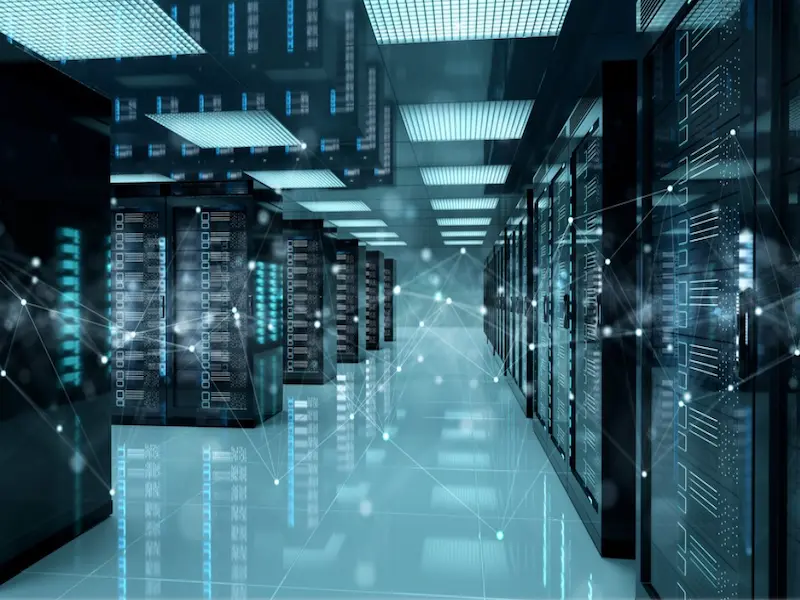- IT infrastructure encompasses hardware, software, networking, and data storage systems that support organisational operations.
- Effective IT infrastructure is crucial for ensuring data security, improving productivity, and facilitating communication within an organisation.
- Cloud computing and virtualisation are becoming increasingly important components of modern IT infrastructure, enabling scalability and flexibility.
The role of IT infrastructure has never been more critical for organisations across various sectors in the rapidly evolving landscape of technology. IT infrastructure serves as the backbone of any business, supporting both day-to-day operations and strategic objectives.
It encompasses a diverse array of components that work together seamlessly to ensure efficient functioning. These components include hardware, software, networking resources, and data storage capabilities.
Components of IT infrastructure
At its core, IT infrastructure consists of several key elements. The hardware aspect includes physical devices like servers, computers, routers, and switches. These machines host applications and store data, providing the necessary resources for employees to perform their tasks effectively. Software, on the other hand, refers to the operating systems and applications that run on this hardware, allowing users to accomplish specific functions such as accounting, project management, and customer relationship management.
Networking is another vital component of IT infrastructure. It involves the connections and protocols that enable communication between devices within an organisation and with external stakeholders. A well-designed network ensures reliable data transfer, secure access to information, and seamless collaboration among team members. Finally, data storage solutions, whether local or cloud-based, are essential for managing and protecting the vast amounts of information generated by modern businesses..
Also read: Globe Telecom modernises IT infrastructure with Red Hat for enhanced agility
Also read: The importance of server virtualisation in modern IT infrastructure
The role of IT infrastructure in business operations
The significance of a robust IT infrastructure cannot be overstated when it comes to enhancing organisational productivity and efficiency. With effective infrastructure in place, companies can streamline processes, reduce downtime, and improve employee performance. For instance, cloud computing solutions have gained immense popularity due to their ability to offer scalable resources that can easily adapt to an organisation’s changing needs. Businesses can avoid the costs associated with maintaining physical servers and instead use cloud services to manage their IT requirements.
Effective IT infrastructure directly impacts data security—a paramount concern for businesses today. Adequate security measures, including firewalls, encryption, and access controls, must be integrated into the IT framework to protect sensitive information from cyber threats. Organisations that prioritise security in their IT infrastructure are better equipped to safeguard their data and maintain the trust of their customers.
Future trends in IT infrastructure
As technology continues to evolve, so too does the landscape of IT infrastructure. Emerging trends such as artificial intelligence, machine learning, and the Internet of Things are shaping the future of how organisations operate. AI integration into IT infrastructure can enhance decision-making processes, automate routine tasks, and improve overall efficiency. Meanwhile, IoT devices are creating new data streams that demand advanced storage and processing capabilities.
Organisations must also consider the environmental impact of their IT infrastructure decisions. Sustainable practices, such as energy-efficient hardware and eco-friendly data centers, are becoming increasingly relevant as businesses seek to minimise their carbon footprints. By embracing sustainable technologies, companies can not only reduce operational costs but also appeal to environmentally-conscious consumers.

